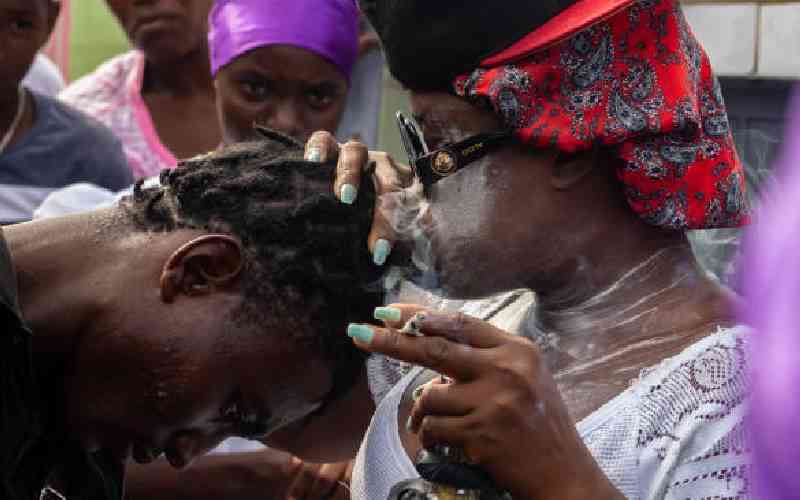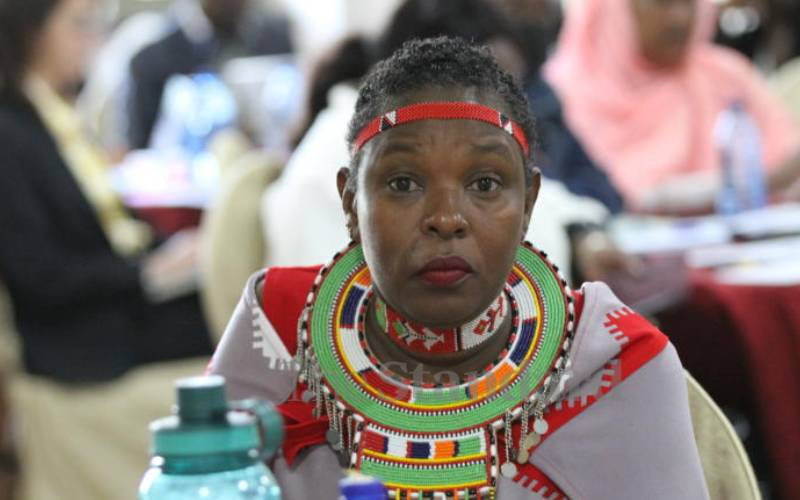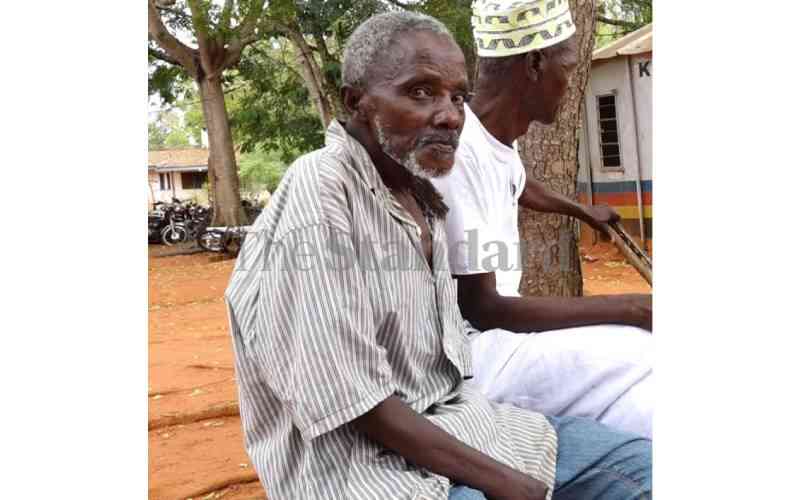NAIROBI: On January 1, 1804, Haiti became the world’s first black post-colonial nation to declare independence and the only nation to do so by successful slave rebellion.
The French Catholics, confounded by the ferocity of the voodoo-inspired liberation struggle, fled and never returned, believing the revolting slaves had made a pact with the devil himself.
Following the Haitian uprising, European perplexity about the efficient phenomenon of Voodoo compounded and impacted their conduct during subsequent slave rebellions in the United States and the British colonies.
Besides Haiti, the influential role of witchcraft in all African liberation struggles against Islamic and Christian-led colonisation is distinguished.
Ironically, decades after independence, most African constitutions condemn witchcraft in subservience to the very alien faiths that had in the first place enslaved and colonised her.
Contextually, all cultures and religions are no more than organic manifestations of their inherent environmental origins.
For example, Islamic tone, content and practice arose from desert circumstances, just as Buddhist moral thought and action tone can be traced to water-rich habitats.
Both Islam and Christianity originate from regions characterised by environmental harshness, desert or winter, ecological adversities accounting for their historical needs-based excursions, including slave trade, and which explain their almost global extents.
In contrast, Africa’s spiritualism is sculptured by her gratifying environment, rich in fresh water, food, minerals, rainfall and importantly tropical sunshine, a sufficiency which restricted her spread for lack of want.
Partially but nonetheless important, this ecological perspective explains why indigenous African faiths constructed no congregative prayer shelters, but instead emphasised personalised shrines.
Apart from configuring Africa’s belief systems, these distinct ecological endowments classify her functional context and social personality, in addition to distinguishing her behavioural characteristics from those from other unique geographic areas.
A treatise by Nelson Tebbe entitled, Witchcraft and Statecraft: Liberal Democracy in Africa identifies demands for greater legal accommodation of African traditions in South Africa as direct pursuits of African solutions to uniquely African problems.
COMMERCIAL INTERESTS
It cites the interpretation of witchcraft as one of these problems, noting hence, ‘in colonial times, witchcraft was thought to be the outstanding problem of the lawgiver in Africa. Today it remains central to statecraft’.
Another paper by David Simmons, published by the Journal of the International Institute in 2000, entitled, ‘African Witchcraft at the Millennium: Musings on a Modern Phenomenon in Zimbabwe’ similarly illustrates the vested political and commercial interests that drove European legislation against witchcraft in Africa.
Stay informed. Subscribe to our newsletter
Simmons asserts that following colonisation, the hub of legislations promulgated by Europeans was on preventing imputations of witchcraft, usually general social unrest, and production slowdowns in colonial mines and farms, suggesting control and profit motivations, not malevolence.
Purposefully, Mwizenge presents an Afro-centric description of a witchdoctor as follows: “...the witchdoctor heals those who are thought to have been bewitched by others.
Far from being a witch, he is the chief enemy of witches. He is the man who fights witchcraft, by use of magical and material medicines. The witch-doctor is often a medicineman, leech, herbalist, soothsayer, and diviner all in one. He has useful functions, even if one subscribes to the view that witchcraft is impossible”.
 The Standard Group Plc is a
multi-media organization with investments in media platforms spanning newspaper
print operations, television, radio broadcasting, digital and online services. The
Standard Group is recognized as a leading multi-media house in Kenya with a key
influence in matters of national and international interest.
The Standard Group Plc is a
multi-media organization with investments in media platforms spanning newspaper
print operations, television, radio broadcasting, digital and online services. The
Standard Group is recognized as a leading multi-media house in Kenya with a key
influence in matters of national and international interest.
 The Standard Group Plc is a
multi-media organization with investments in media platforms spanning newspaper
print operations, television, radio broadcasting, digital and online services. The
Standard Group is recognized as a leading multi-media house in Kenya with a key
influence in matters of national and international interest.
The Standard Group Plc is a
multi-media organization with investments in media platforms spanning newspaper
print operations, television, radio broadcasting, digital and online services. The
Standard Group is recognized as a leading multi-media house in Kenya with a key
influence in matters of national and international interest.








